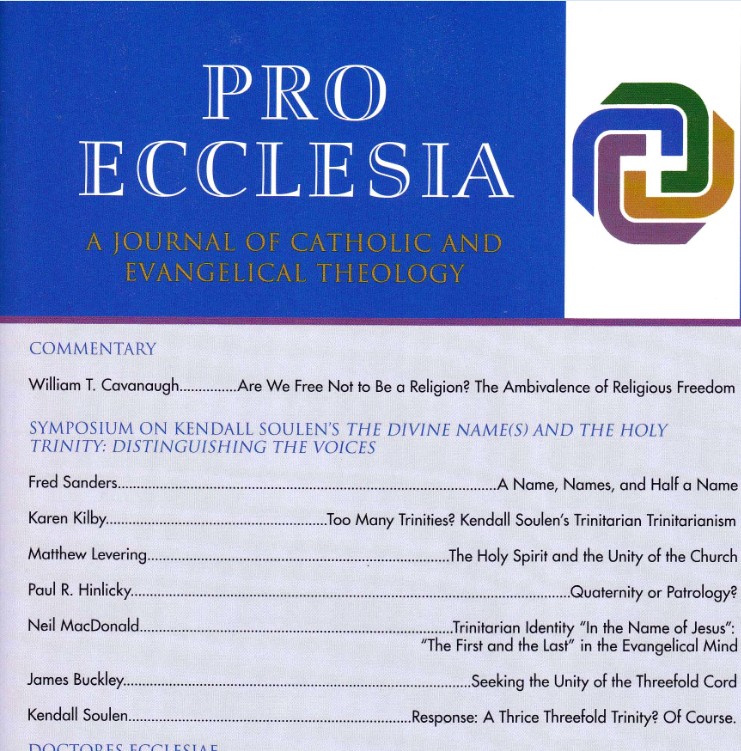Little of the growth in my life comes from learning something new. Instead, it comes from learning—really learning—something old. Or it comes from getting inside something I’ve known about for a long time. It comes from re-examining, from walking over the territory yet again, hoping that a fresh look will yield a sense of things that has eluded me to this point. Luther called for a daily return to our baptism. Good theology, it seems to me, is a daily reconsideration of the A-B-C’s of the gospel, under the conviction that these relatively simple truths are inexhaustibly edifying.
With that in mind, it’s worth asking again what it means to become a Christian and how one might do that. If there were no 4 Laws, no Romans Road, no catechism, no anxious bench, no confirmation, no altar call, no revival meeting, no sinner’s prayer—well, then, how would we tell someone how to become a Christian? Here’s one shot at it…
The Bible tells us that we become a Christian by repenting and believing the good news about Jesus. But what does that mean? Well, let’s go back-to-front. The good news about Jesus starts with the God who made and loves the whole world sending his only Son to the world. Though he had made the world good, we disobeyed him and decided to do things our way (Genesis 3); this was the beginning of sin, pain, broken relationships and death. God chose a man, Abraham, through whom he would work to gather people back to friendship with him (Genesis 12:1-4); but they often chose to go their own way, too. Finally, God gave his own Son (John 3:16); and Jesus chose to go God’s way. He lived in perfect obedience to his Father (Philippians 2:18; Romans 5:19), but then he was killed by people who continued to go their own way. Soon after that, though, God raised Jesus from the dead, showing the world that Jesus is the King (Acts 2:32, 36).
You can become a Christian by repenting and believing in this one, King Jesus. He lived a life of faithful obedience to his Father, the life that you and I should have lived but haven’t. He died to pay the penalty for our sins, a payment that we had owed (Romans 6:23; Isaiah 53:5-6). His death was a sacrifice that made us clean and innocent, when we had been stained by sin and guilt (1 John 2:2; 1 John 4:10). His resurrection means that we, too, are given new life (Romans 6:11; Colossians 2:12), that we can be born again (John 3:1-21) and adopted into God’s family (John 1:11-12; Romans 8:14-17; Ephesians 1:5; 1 John 3:1-2, 10). In fact, it even means that God will come and live within us by giving us his Holy Spirit to dwell in us. It’s the Spirit who enables us to call God “Father”, just like Jesus did (Galatians 4:6-7). To repent means to turn around. It means I recognize and acknowledge that my life has been headed in the wrong direction, that I am sinful, that I can’t fix what I’ve done wrong and need to be forgiven. It also means transferring our loyalties to a new ruler, King Jesus (Acts 17:7). To believe means to hear this message about Jesus and to trust that by dying for us he healed our relationship to God.
God has done absolutely everything to save us, to give us new life in his family, by sending his Son and giving us his Spirit. When we repent and believe, it’s just like saying, “Wow! Thank you! Yes, this is for me, too, and I happily accept this wonderful gift!”
















